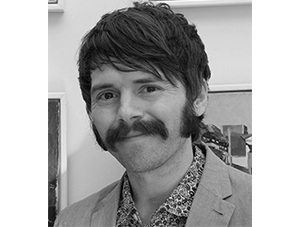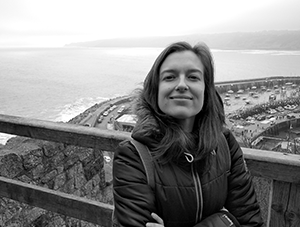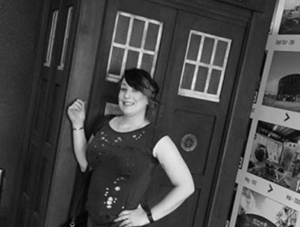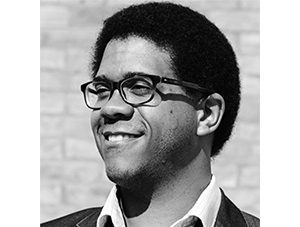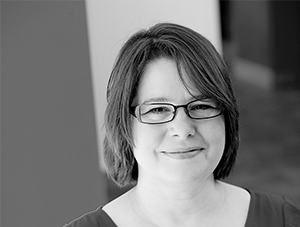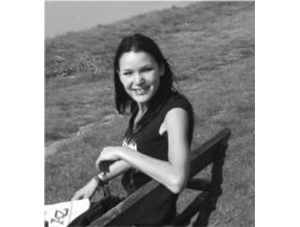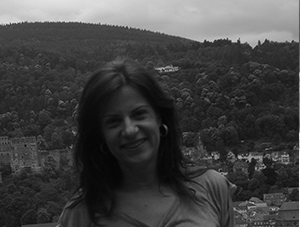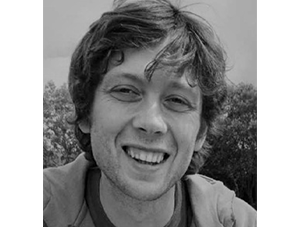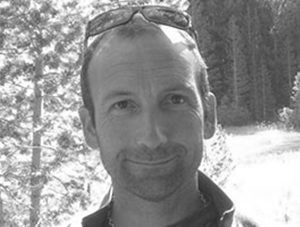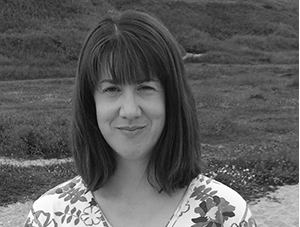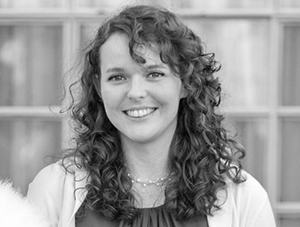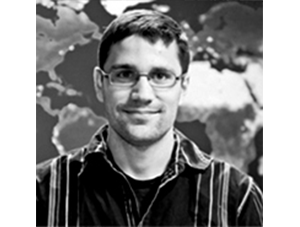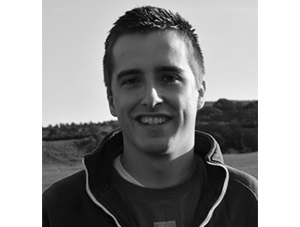DIGITAL HUMANITIES HUB
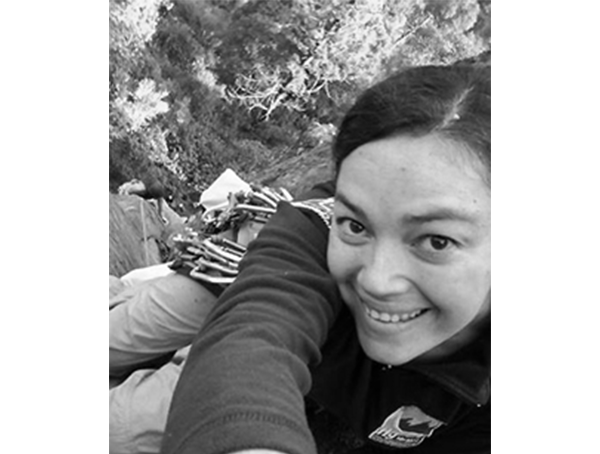
Patricia Murrieta Flores
Department of History
I am originally an archaeologist. My interest lies in the application of technologies for Humanities, primarily researching Spatial Humanities. My main focus is investigating different aspects of space, place and time using a range of technologies including GIS, NLP, Machine Learning and Corpus Linguistics approaches. I am PI on the Transatlantic Platform (T-AP) funded project ‘Digging into Early Colonial Mexico: A large-scale computational analysis of 16th century historical sources’. I’m always up for a good chat about collaboration so contact me anytime.
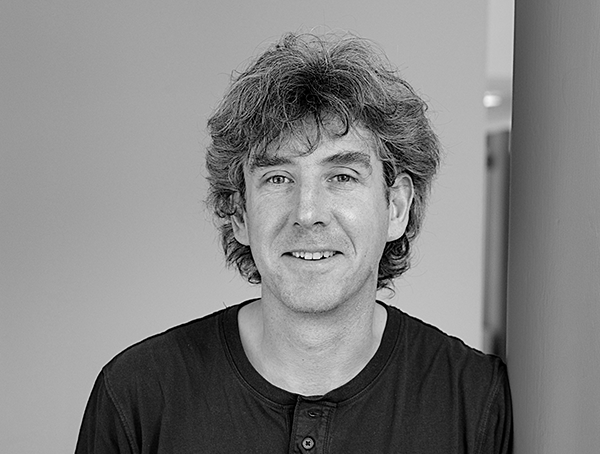
Ian Gregory
Department of History
I am a geographer by training and have spent much of my career working applying Geographical Information Systems (GIS) to historical research, a field that has become known as Historical GIS. As a result of the growth of Digital Humanities, I have become particularly interested in using GIS with texts as well as the more traditional quantitative sources. This has been the subject of a number of successful grant applications include the European Research Council grant Spatial Humanities: Texts, GIS, Places project. For much more on my research see my personal website.
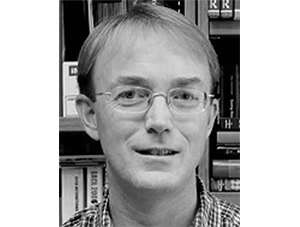
Paul Rayson
SCHOOL OF COMPUTING & COMMUNICATIONS
I am director of UCREL and a Reader in the School of Computing and Communications. A long term focus of my work is the application of semantic-based NLP in extreme circumstances where language is noisy e.g. historical, learner, speech, email, and txt. My applied research is in the areas of online child protection, cyber security, learner dictionaries, and text mining of historical corpora and annual financial reports. I am a co-investigator of the ESRC Centre for Corpus Approaches to Social Science (CASS). I’m also a member of the multidisciplinary centre Security Lancaster and the Data Science Institute.
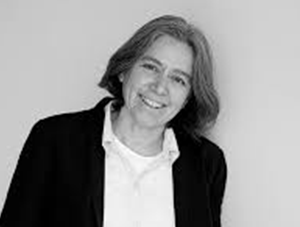
Sally Bushell
SCHOOL OF COMPUTING & COMMUNICATIONS
My research specialism is 19th Century Literature with particular interests in poetry and textual process. I am interested in the relationship of place, space and poetry within the manuscript object. In 2007 I explored such ideas through the Digital Wordsworth AHRC-funded collaborative project with The Wordsworth Trust. My current research is on literary mapping, exploring the relationship between reading and mapping in fictional works and between visual and verbal meaning in literature.
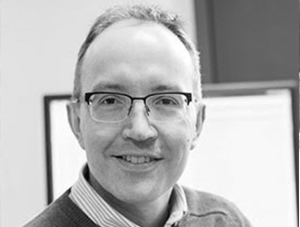
Jonathan Culpeper
DEPARTMENT OF LINGUISTICS & ENGLISH LANGUAGE
My research concentrates on three main areas: pragmatics, stylistics, and the history of English. I have published numerous papers in the area of historical Corpus Linguistics. I collaborated with Prof. Merja Kytö in the construction of a corpus of speech-related Early Modern English texts. The Corpus of English Dialogues 1560-1760 is approximately 1.2 million words and contains: trial proceedings, witness depositions, play-texts, dialogue in prose fiction, didactic dialogues .The corpus is available to the academic community for free (via the Oxford Text Archive).
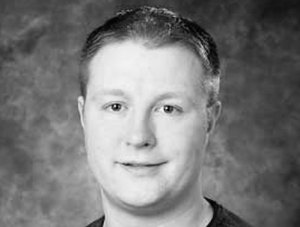
ANDREW HARDIE
DEPARTMENT OF LINGUISTICS & ENGLISH LANGUAGE
My major specialism is Corpus Linguistics and how it can be applied to different areas of study in linguistics and beyond. Most of my current research work is focused on a series of projects in which corpus methods are adapted to the needs of social scientists and humanists, in a range of subject areas including Psychology, Geography, History and English Literature. I am also very interested in the use of corpus-based methods to study languages other than English, especially the languages of Asia, with an especial focus on issues in descriptive and theoretical grammar.
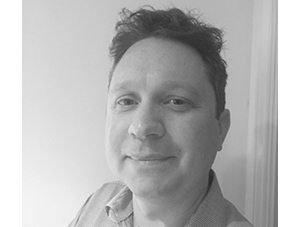
TOM SHAW
LANCASTER UNIVERSITY LIBRARY
I lead the Library’s digital and research services at Lancaster University. This combines the innovative use of digital technology with support and collaboration for researchers to enhance their research and its outcomes. Digital Humanities has opened up many exciting possibilities for the Library to work in partnership with researchers in a profound way and play an active role in the research lifecycle. My professional interests include the role of libraries in academic research, the innovative use of technology in libraries, and the opportunities for libraries to collaborate outside of their traditional sphere – something which is perfectly encapsulated by Digital Humanities.

PAUL COULTON
LANCASTER INSTITUTE FOR THE CONTEMPORARY ARTS (LICA)
My research can more generally considered as Speculative Design. Speculative Design combines real and/or hypothetical extrapolations of the development of emerging technologies with a consideration of the cultural landscape into which they may be deployed. This activity is embodied as ‘research through design’ and, in particular, to the design of speculative physical/digital interactive games, playful experiences, and artefacts. Increasingly, my work encompasses a non-entertainment use of Speculative Design, Design Fiction, as a way of exploring futures for areas such as the Internet of Things and Machine Learning.
Team Members
DR CHRISTOPHER DONALDSON
DEPARTMENT OF HISTORY
Lecturer in Cultural History
My research is principally concerned with 18th- and 19th-century cultural history. I am particularly interested in changing perceptions of the value of landscape and the environment during this period. My work engages with print history, historical geography, heritage studies and the history of tourism and leisure culture. I am also involved in research in regional, spatial and digital history. I am research centre coordinator for The Ruskin – Library, Museum and Research Centre, and I edit The Ruskin Review and co-edit the Digital Forum for the Journal of Victorian Culture.
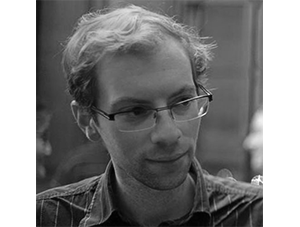
DR JAMES BUTLER
DEPARTMENT OF ENGLISH LITERATURE & CREATIVE WRITING
Research Associate
I am a Research Associate on the ‘Chronotopic Cartographies’ project, with a background in psycholinguistics – especially concerning name formation, development, and cognition. My previous work on the ‘Geospatial Innovations’ project involved the design of a custom gazetteer, tracking spatial reference and relationships in greater detail. Other prior work included the ‘Lakescraft Project’, which formed part of a wider research investigation into adapting literary material into educational-led gaming.
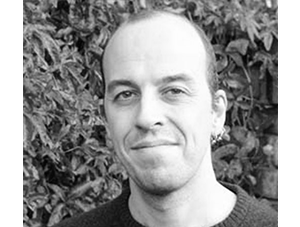
DR DUNCAN HAY
DEPARTMENT OF ENGLISH LITERATURE & CREATIVE WRITING
Research Associate
Duncan Hay is a Research Associate on the Chronotopic Cartographies project. His PhD research focused on the writing of the poet and essayist Iain Sinclair, reading his work through the theoretical articulations of space, time, and literary form as elaborated by Walter Benjamin in The Arcades Project and elswewhere. However, he has pursued a parallel career in web development, and before coming to Lancaster worked on a number of web mapping and digital humanities projects at the Bartlett Faculty of the Built Environment, University College London.
Dr Raquel Liceras-Garrido
DEPARTMENT OF HISTORY
Research Associate
I am a Research Associate on the ‘Digging into Early Colonial Mexico’ project at Lancaster University with a background in archaeology, especially concerning GIS and landscape. I completed my PhD at Complutense University of Madrid in 2017, titled ‘Celtiberian Landscape and Territory in the Upper Duero’. My research interests are in the use of computer applications in Spatial Humanities, particularly how to translate information from written sources and historical documents into spatial data that enable us to approach well-known historical episodes from a different perspective and contribute to the historical narrative.
Dr Clare Egan
DEPARTMENT OF ENGLISH & CREATIVE WRITING
Lecturer in Medieval and Early Modern Literature
My research interests lie in the drama and performance of medieval and early modern England with a particular focus on records of libel offences in the early seventeenth century for their uses of performance in community conflict. I am particularly interested in the complex uses that libels made of space and place and this has included using Geographic Information Systems (GIS) to map libel performances in their contemporary landscape. I have also recently been involved in a project locating manuscript sources relating to early modern environmental problems for the study of early ecocriticism.
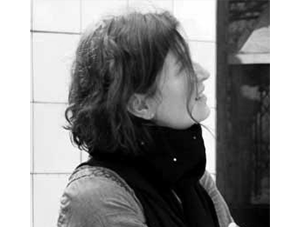
Dr Deborah Sutton
DEPARTMENT OF HISTORY
Senior Lecturer
I am Senior Lecturer in South Asian History, interested in urban, religious and material histories in nineteenth- and twentieth-century India. I am currently working on the informal urban occupation of heritage in Delhi during the twentieth century. I am PI on an AHRC Research Network ‘Urban Heritage and the Digital Humanities in India’, and am collaborating in the creation of three cultural heritage apps in India and Pakistan: Delhi Partition City, Karachi City and Dilli, Ghadr se Azaadi tak. These apps have been created by a new software authoring tool: safarnama.
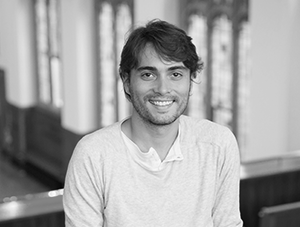
Dr Hervin Fernandez Aceves
DEPARTMENT OF HISTORY
Research Associate
My research interests lie in the intersection of relational sociology, Mediterranean history and medieval studies. I have refined new methodologies based on prosopography, diplomatics and digital humanities. My forthcoming monograph draws on my doctoral research to illustrate and reassess the often overlooked role of the Italo-Norman upper aristocracy, where I explain the shifting composition of the nobility in southern Italy and offer a new understanding of how territorial leaderships operated under the Sicilian kingdom. I am currently working on medieval Sardinia and its autochthonous ruling classes.
Researcher
PROFESSIONAL SERVICES
I have a PhD in gender and genre in Shakespeare’s works (2015), and have published on Shakespeare, Harry Potter and death, the eighteenth-century writer Charlotte Smith, along with poetry in a range of national and international periodicals. I am currently working on the first large-scale annotation of the Harry Potter corpus using digital techniques, with Dr Paty Murrieta-Flores, in addition to preparing my PhD thesis for publication as a monograph (tentatively titled Unboxing Shakespeare). I developed the concept of ‘Applied Fantasy’, an approach which demonstrates the mental health benefits of fantasy literature and media.
Research and Scholarly Communications Manager
LANCASTER UNIVERSITY LIBRARY
I am based within Digital Innovation and Research Services in the Library, and head up our services for Open Access, Research Data Management and Research Intelligence. My team provide systems, services, training and guidance to enable open research and scholarship. I lead the Library’s Digital Humanities Special Interest Group, which provides developmental opportunities for colleagues in the Library. It’s also a platform for partnership formation, bringing library and information professionals and researchers together to share knowledge and identify synergistic opportunities. I’m always open to discussions about potential collaborations so please, don’t hesitate to get in touch.
Senior Lecturer in Gender and Cultural History
DEPARTMENT OF HISTORY
My work on oral testimonies is centred on the relationship between memories and cultural representations. I am currently working on gendered commemoration, with a particular focus on British war memorials. My interest in untraditional source materials has recently been reflected in a jointly edited collection with Dr Sarah Barber entitled History Beyond the Text: A Guide to the Use of Non-Traditional Sources by Historians (London: Routledge, 2008) which introduces research students to methodologies and theories of how to engage with sources ranging from the visual (photographs, film) to the oral (personal testimony), to the material.
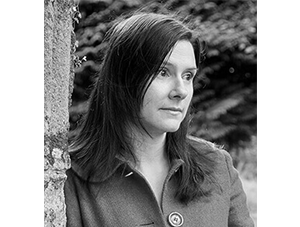
Director, Regional Heritage Centre
Reader in Regional History
DEPARTMENT OF HISTORY
I am a historian of medieval Britain and Ireland, ranging from the sixth century to the twelfth. My work knows no borders, focusing on maritime connections and now-lost kingdoms, focusing particularly on Particular areas of interest are the Irish Sea region in the Viking Age, and ‘Middle Britain’ (northern England and southern Scotland) prior to the Anglo-Scottish border. My monograph investigates links between the kingdom of Northumbria and the Gaelic-speaking world. I am interested in interdisciplinary work, for example combining historical and linguistic evidence through the study of names, and deploying GIS to investigate past landscapes.
Research Associate
DEPARTMENT OF ENGLISH LITERATURE & CREATIVE WRITING
I am a Research Assistant on the AHRC-funded Chronotopic Cartography project. My research specialism is in Nineteenth Century literature, with a specific focus on fin-de-siècle prose and spatial theory. My research to date has centred around George Gissing’s geographical imagination, which forms the topic of my first monograph, Writing Place, which was published in Feb 2018. My other work centres around walking and the Romantic South West, and how digital technologies can shape perception of place (real and literary). I am also co-creator of the smartphone app Romantic Bristol: Writing the City.
Researcher
DEPARTMENT OF LINGUISTICS & ENGLISH LANGUAGE
My main research interests relate to the use of corpus linguistics methodologies to study language production, from various perspectives and in different settings. I first investigated potential differences (and similarities) between lexical patterning in translated and non-translated texts of the same language. My attention then turned to English academic writing and I examined features of abstracts written in English by Brazilian graduate students from various disciplines. My current research focuses on the discourse of climate change in media coverage.
Researcher
LANCASTER ENVIRONMENT CENTRE
My research background is in the history of science, where I have a particular interest in environmental history and scientific research conducted in extreme mountain regions. I am currently working on a ‘vegetation history of the Lake District’. The project uses historical texts and plant records alongside geographical information systems (GIS) to uncover vegetation change in the region over the past three hundred years.
Reader
SCHOOL OF COMPUTING & COMMUNICATIONS
My research over the last decade has focused on exploring the obdurate problems associated with the user-centred design of interactive systems (typically systems that utilise mobile and/or ubicomp technologies and incorporate aspects of Locative media) in complex or semi-wild settings and the deployment and longitudinal study of these systems in order to gain insights into issues of user adoption and appropriation. Current projects include SHARC which is supporting the co-design of technology for the Shared Curation of local history in a rural community.
Newby Research Fellow
CASS
I have been Newby Research Fellow in CASS since 2014. My research focuses on the ways in which large corpora can be used in the study of early modern history. I am particularly interested in how social outsiders of the period were perceived and have published research about early modern prostitution and homosexual men. I completed my PhD in Russian History at the University of Leeds. My thesis examined popular reactions to the Khodynka disaster, a stampede which took place during the coronation celebrations of Nicholas II in 1896.
PhD Students
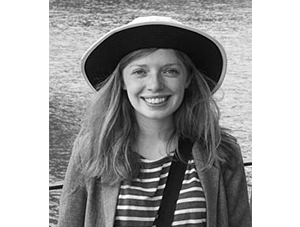
PhD Student, Associate Lecturer
DEPARTMENT OF HISTORY
DEPARTMENT OF LINGUISTICS & ENGLISH LANGUAGE
My research explores the use of Corpus Linguistics (the machine-assisted analysis of language in very large bodies of text) as a means of approaching historical ‘Big Data’. A historian by training, I’m interested in how Corpus Linguistics can help us to digest the ever-growing digital archive. More specifically, I look at attitudes towards immigrants and refugees in nineteenth century newspapers. My PhD is ESRC-funded and conducted in collaboration with the British Library. Their vast digital collections give us an insight into the shifting language of immigration and refuge in Victorian Britain. Click here for a video summary of my current research.
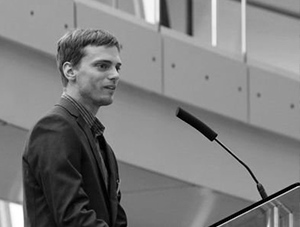
PhD Student
DEPARTMENT OF HISTORY
I am investigating the history of automation online (algorithms, bots and their societal implications), and the ways in which automation is affecting the collection, curation and dissemination of history, archaeology and cultural heritage. This involves everything from examining the roles of robots in conserving knowledge on Wikipedia to the algorithmic creation of fake cultural artefacts for sale online. I am particularly interested in how the public perceives and consumes historical and archaeological information. I also work with the National Institute for Health Research, helping to train health researchers in how best to involve the public in their work.
PhD Student
DEPARTMENT OF HISTORY
I am a History PhD student at Lancaster University, researching the altepetl, an indigenous geopolitical unit, in Central Mexico between the Late Postclassic (1325-1521) and the Early Colonial periods (1521-1585). This research focuses on representations of space, place and landscape, drawing on a variety of archaeological and historical information, including the work being produced as part of the Digging into Early Colonial Mexico’ project. More broadly, my research interests lie in the application of Digital Humanities methods for historical study, with a particular focus on Geographic Information Systems (GIS).
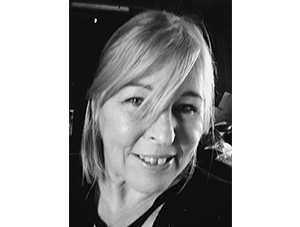
Maxine Bailey
PhD Student
DEPARTMENT OF HISTORY
I am a part-time PhD researcher, exploring the potential of digital technologies to look at the practice of sacred historic graffiti from an archaeological perspective. I am interested in photography as an archival medium, spatial theory, material culture studies, contemporary archaeology and archaeological theory. I draw inspiration from creative approaches to archaeology, and how aspects of art and archaeology may intersect. Past projects have included an exploration on the archaeological significance of footprints, and how a photograph may be analogous to an archaeological context, sealing the archaeological evidence within a layer of time.
PhD Student
SCHOOL OF COMPUTING & COMMUNICATIONS
DEPARTMENT OF HISTORY
I am a PhD candidate in the ‘Geospatial Innovations’ project, with an aim to develop a prototype deep map that allows a range of user-groups to gain new understandings of the importance of space and place to Lake District heritage. My primary interests are in the use of computer applications in archaeology for the purpose of digital documentation of heritage sites and the dissemination of data to the public. My background is in the documentation of heritage sites with 3D laser scanning and photogrammetry, and the development of apps for museum exhibits and GIS applications for large datasets.
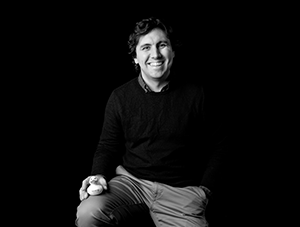
PhD Student
DEPARTMENT OF HISTORY
My research examines the social and economic development of medieval Lancashire from the evidence of increasing agroeconomic activity and its impact on the coastal and lowland landscape of south west Lancashire during the period 1150 to 1550. This study draws on the interpretation of minor place-names recorded in title deeds as evidence of significant change in landscape through socio-economic practice. My approach uses GIS to map the locations of minor place-names and features of the historic landscape to reveal this development. My research is funded by the ESRC on a CASE studentship in collaboration with Lancashire County Archives.
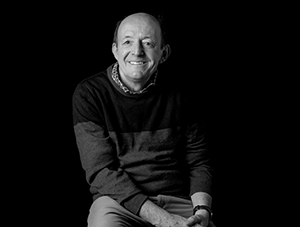
PhD Student
DEPARTMENT OF HISTORY
I am a part-time PhD student in the Dept of History, researching early modern road administration (c. 1550-1800 in terms of spatial awareness, connectivity, and the politics of local governance. The case study area is the South Pennines, centred on the parish of Halifax, a centre of the woollen cloth industry. I am using GIS techniques to map different types of activity and tease out the strategies involved. The source data include the exceptional series of 6,000 highway presentments to the Wakefield manor court (17th century), taxation records, and highway surveyor and turnpike trust records (18th century) from 40 townships across the West Riding and East Lancashire.
Cameron Fleming
PhD Student
DEPARTMENT OF HISTORY
text
Accociates
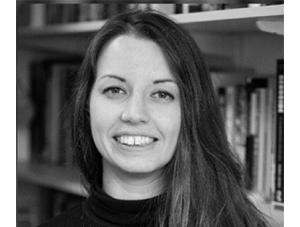
Presidential Fellow in Classics, Ancient History and Archaeology
UNIVERSITY OF MANCHESTER
I was a Senior Research Associate on the Leverhulme-funded project Geospatial Innovation in the Digital Humanities. My research specialism is nineteenth-century literature and culture, particularly Romantic poetry. I am especially interested in how texts from this era engage with issues around space and place, including imaginary space, cartography and walking, and the ways in which digital techniques can facilitate the discussion, presentation and complication of humanities study. My recent work continues to explore the uses of digital technologies in humanities research, particularly at the intersection between literary geographies and environmental studies.
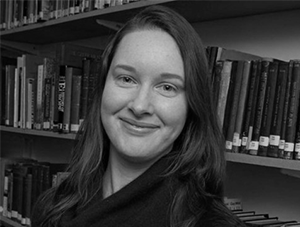
UKRI Future Leader’s Fellow
Archaeology, Classics and Egyptology
UNIVERSITY OF LIVERPOOL
I am an archaeologist specialising in Britain’s mortuary cultures from the 5th century AD onwards. Completing my Leverhulme-funded PhD on 7th-21st century cathedral burials in 2016 at the University of Chester, followed by postdoctoral positions in mortuary archaeology and digital humanities at the universities of Chester, Exeter, and Lancaster, I combine archaeological, textual, and visual evidence with digital methods to explore long-term changes and continuities that impact our dead. I am always delighted to hear from anyone with similar interests, especially prospective students in any of my research themes, so please do get in touch.
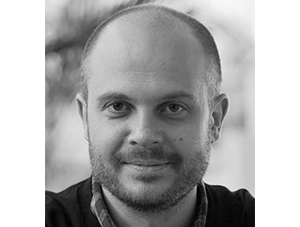
Professor in Digital Humanities
UNIVERSITY OF EXETER
My research interests lie in two distant but related fields: the development of geographic thought and representation in Antiquity, and the emerging role of the Web as a transformational medium for communicating and connecting complex information. For the former I have undertaken theoretical and digital analyses of specific documents from Antiquity, including the Geographike Hyphegesis of Claudius Ptolemy and the Roman Itineraries. In the latter I apply Web-based (and Linked Open Data) technologies to annotate, connect and revisualize geographic aspects of the past through its textual and material culture, most notably as Director of the Pelagios Project.
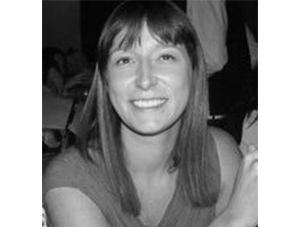
Research Fellow
School of Natural and Built Environment
QUEEN’S UNIVERSITY BELFAST
I am a historical geographer applying geospatial technologies to spatial history and the digital humanities. I have particular focus on the early modern, the history of cartography, ‘place’, and how early maps and corpora can be interrogated using mixed method approaches. This includes the temporal and spatial investigation of nineteenth and early twentieth century corpora such as official medical reports, newspapers, and related datasets. I was previously a researcher on the EPSRC funded SHARC project based in Computing and Communications at Lancaster University and a Research Associate on the European Research Council (ERC) project ‘Spatial Humanities: Texts, GIS & Places’.
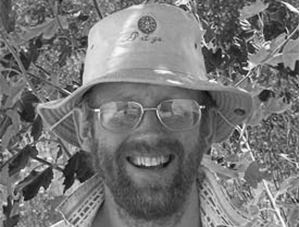
Research Associate in Public Health and Policy
UNIVERSITY OF LIVERPOOL
I am a Research Associate (Health Services Research) at the University of Liverpool. I am a social and cultural historian with an interest in numerical techniques. I was employed on the ERC-funded Spatial Humanities project from 2014 to 2016. I study influences on infant mortality in nineteenth-century England and Wales. My work uses geographical information systems (GIS) to examine patterns in Victorian statistics. I also use corpus linguistics to explore large corpora of digitised Victorian documents such as the British Library Nineteenth Century Newspapers collection.
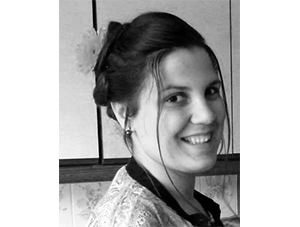
Former PhD Student
DEPARTMENTS OF LINGUISTICS & ENGLISH LANGUAGE AND HISTORY
My research project was part of the (ERC-funded) Spatial Humanities project which aims to show that Geographical Information Systems (GIS) can prove useful to the analysis of qualitative data, for the benefit of disciplines in the Humanities. I investigated nineteenth-century newspapers using Corpus Linguistics methods and GIS with a goal to making a contribution to the field of History. The main research question was: ‘how are places represented in British public discourse and how has this changed over time?’ My research won was awarded the 2016 The Gale Dissertation Research Fellowship in Nineteenth-Century Media.
Former PhD Student
DEPARTMENT OF HISTORY
My current research interests surround the use of digital research methods to explore big data, with a particular focus upon Full Count Datasets. Primarily my research interests concern the utilisation of Geographic Information Systems (GIS) and Corpus Linguistic software to explore historical events, issues, and topics with new data. A wider research interest is in the construction, maintenance, and dissemination of ‘Big Data’ within the discipline of history, including the development of Linked Micro Census Data with Vital Records. A major theme within my research concerns the composition and behaviour of foreign-born migrants in England and Wales during the period 1851-1911.







